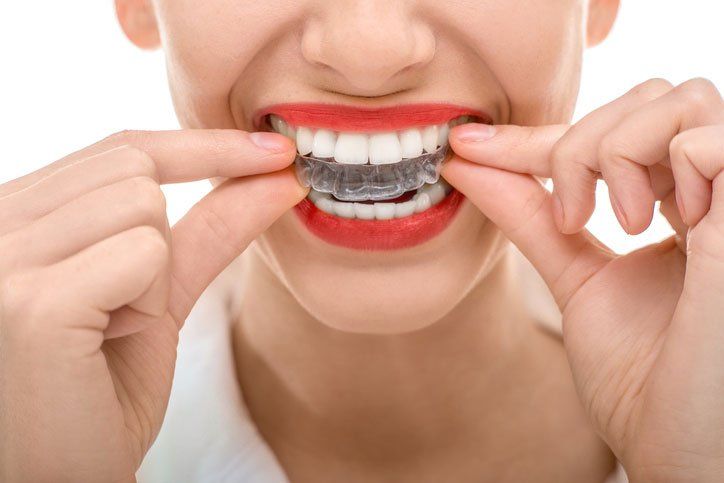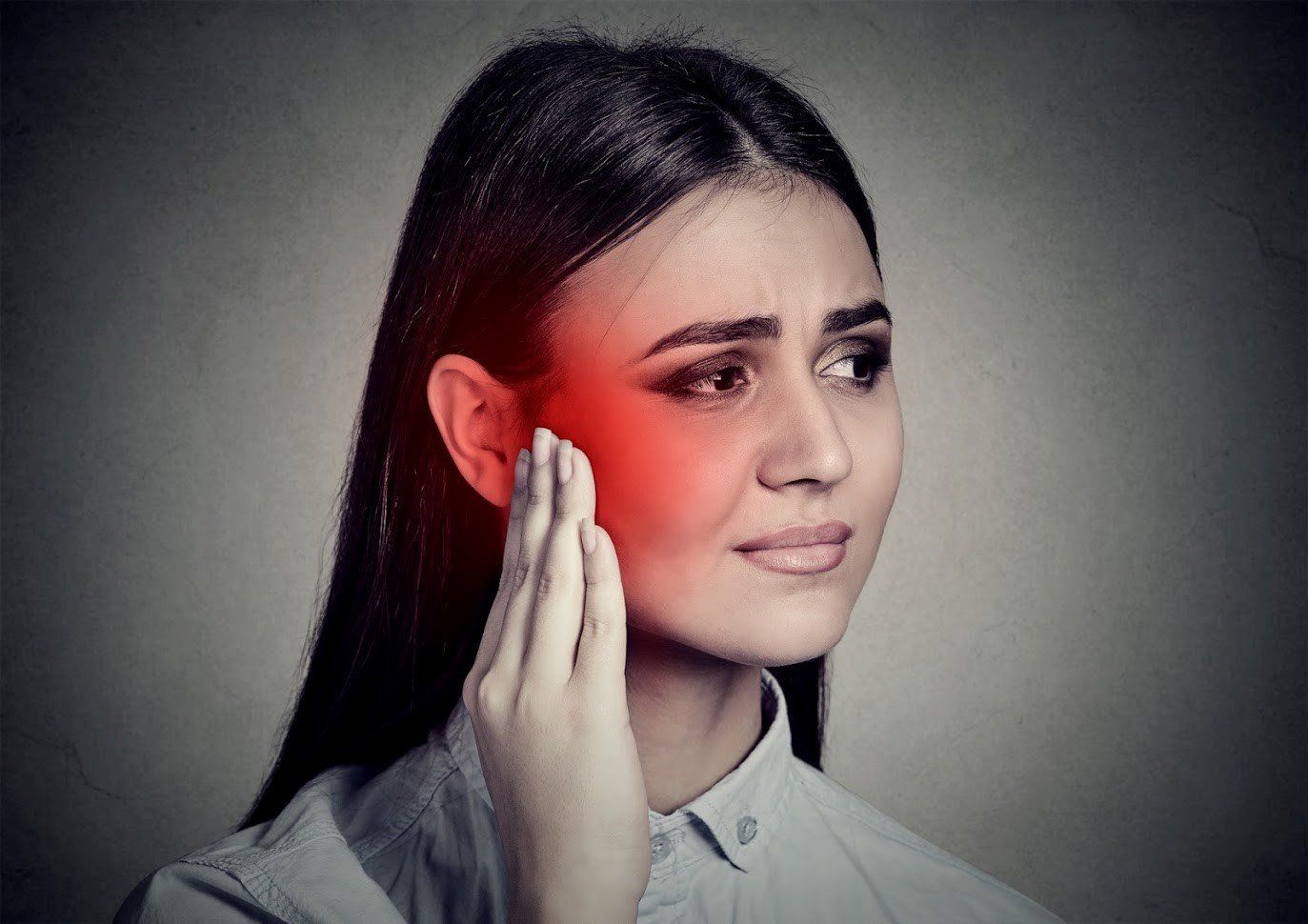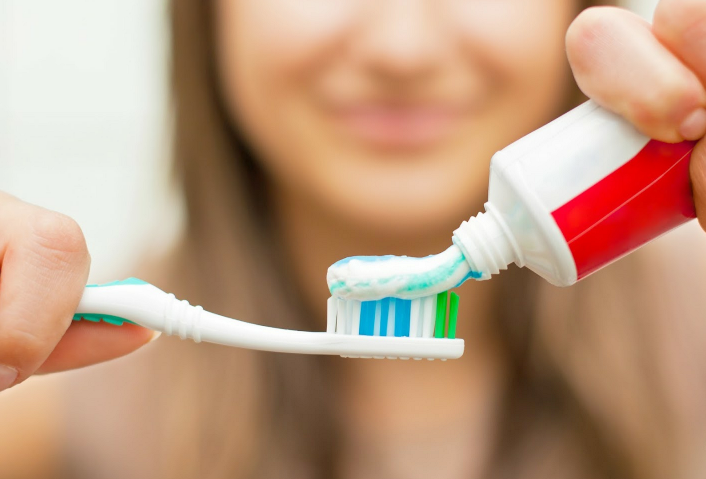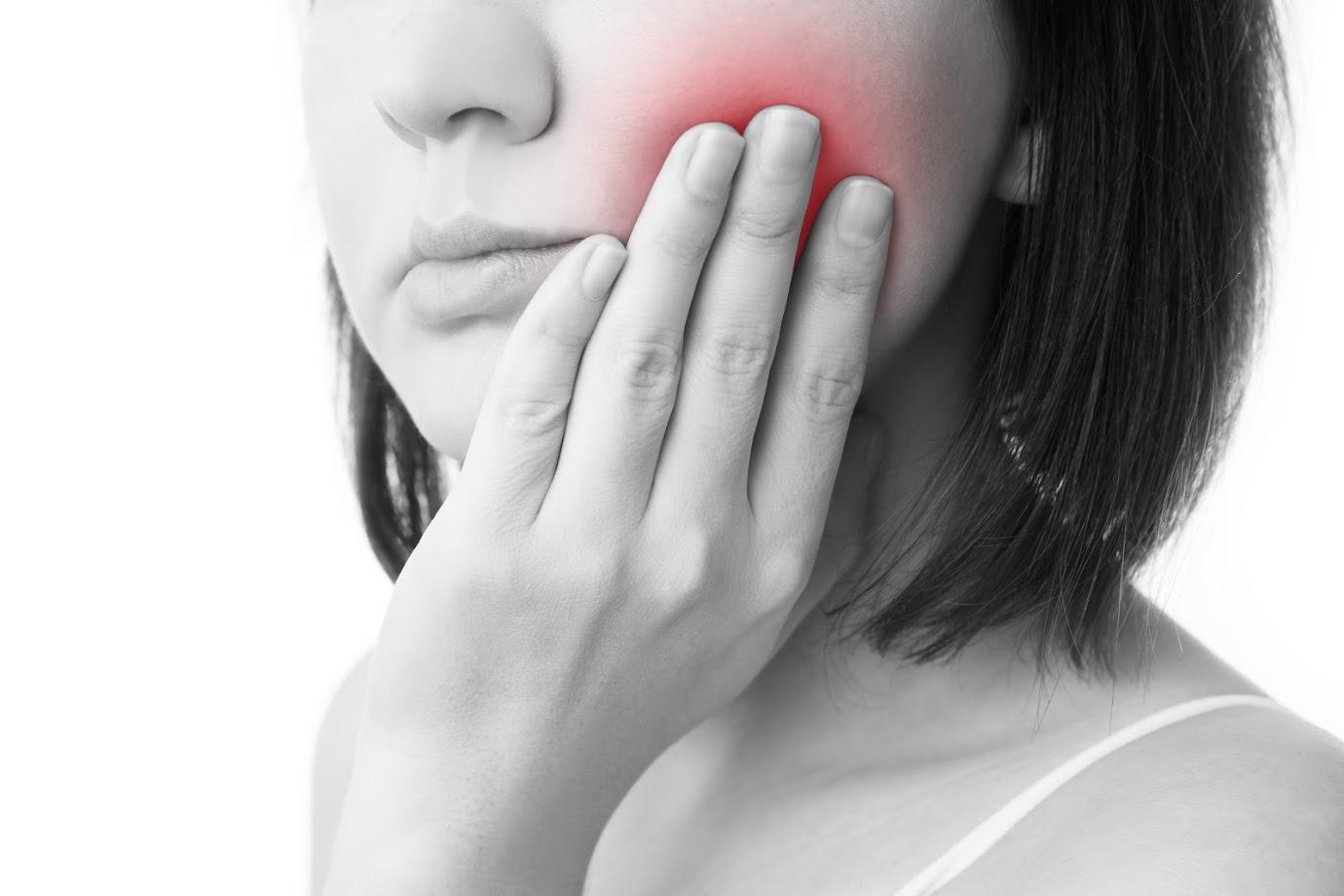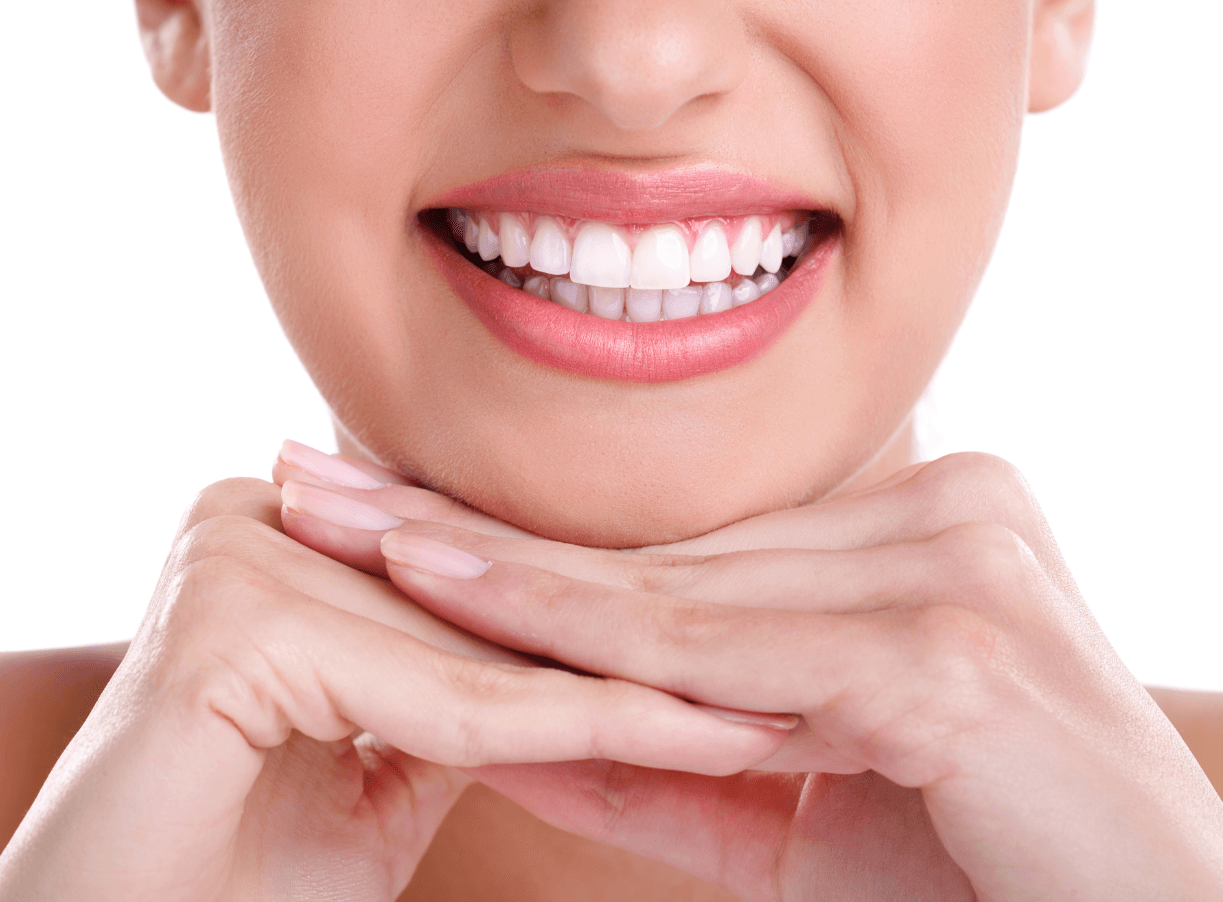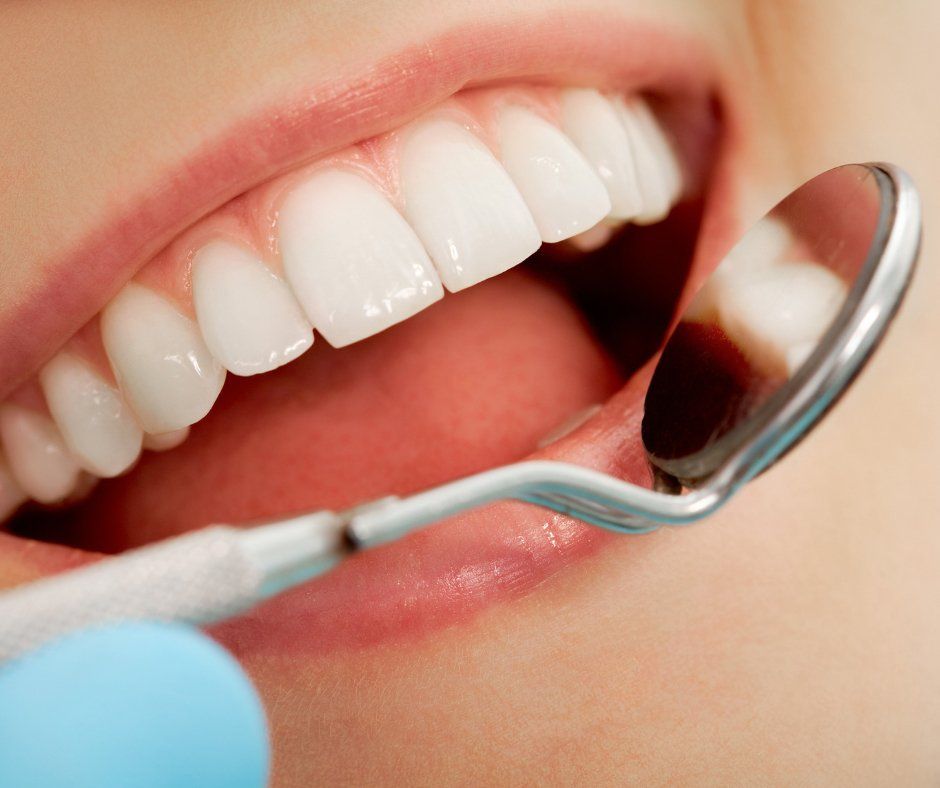4 Minerals That Matter to Your Teeth
- By Admin
- •
- 15 Jul, 2020
- •
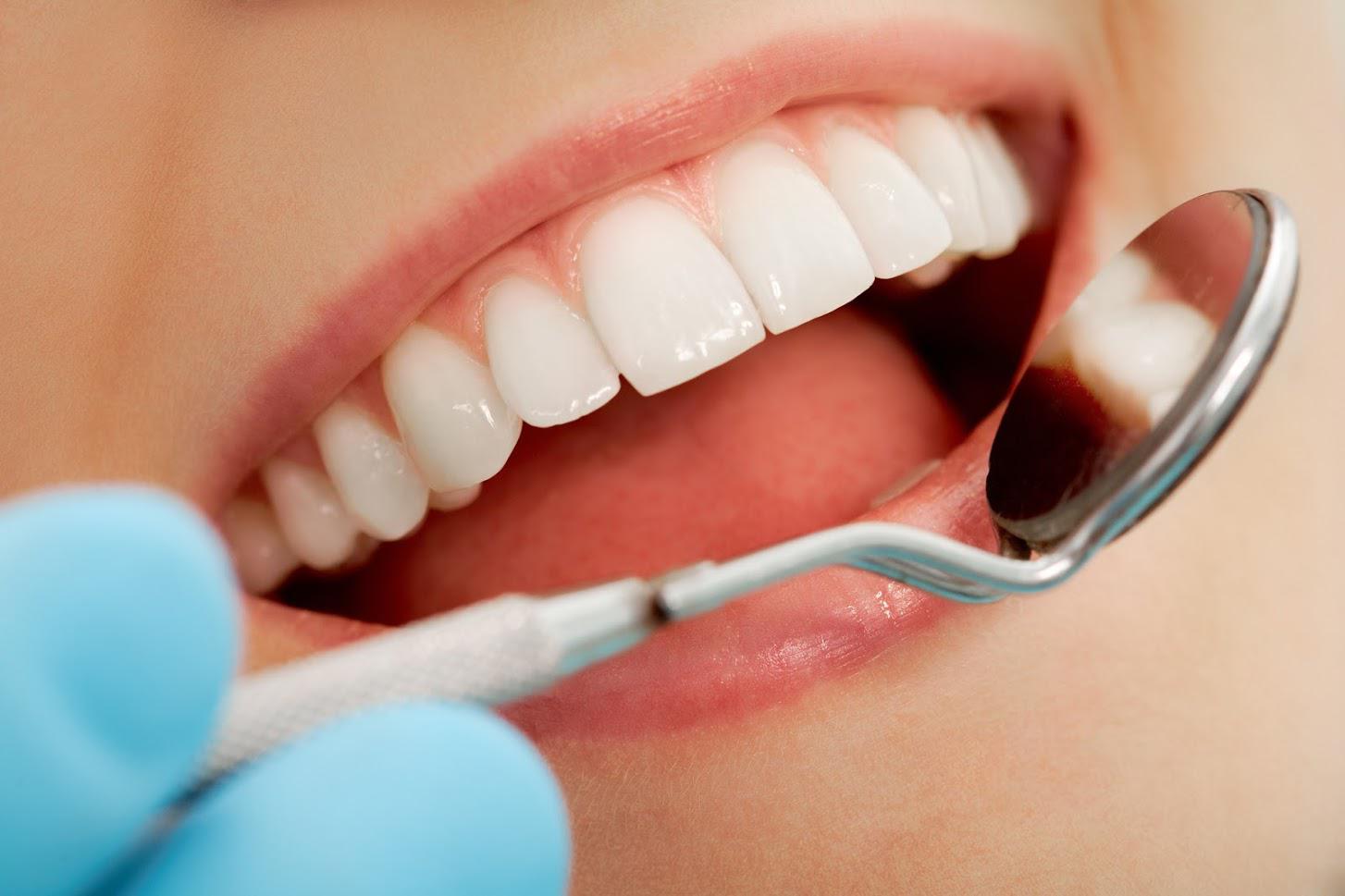
Numerous organic substances make the human body's everyday growth and function possible. In addition to the macronutrients you must consume (such as proteins, carbohydrates, and fats), you also need micronutrients with vitamins and minerals. These nutrients can benefit every part of your body, including your teeth.
When you understand how certain key minerals play critical roles in keeping teeth strong and healthy, you can work on getting sufficient amounts of these minerals to help ensure a more attractive and durable smile. Learn about four minerals that merit special attention.
1. Calcium
You may have heard that calcium supports dental health without understanding exactly why or how. The body uses calcium to produce a substance known as crystalline calcium phosphate. This mineral compound makes up the hard tooth enamel that surrounds and protects the inner parts of your teeth.
Calcium also plays a key role in bone formation, lending your jawbone the necessary strength and structural integrity to contain the tooth roots in their sockets. Since both enamel and bone wear out with use and over time, the body must keep producing these materials.
Without sufficient calcium in your diet, your tooth enamel may break down faster than it can rebuild itself, making your teeth prone to cavities and other damage. Insufficient bone calcium may also allow the sockets in your jawbone to widen until the teeth become loose.
You can boost your calcium intake by consuming more dairy products, including milk, cheese, and yogurt. If you suffer from a condition that promotes calcium deficiency, you may also want to take supplements. Get plenty of Vitamin D as well, since the body needs this vitamin to make proper use of calcium.
2. Phosphorus
Phosphorus combines with calcium in forming crystalline calcium phosphate. It also supports calcium's role in bone production and remodeling. Without phosphorus, your body can't use calcium well, even with Vitamin D. The results include bone brittleness and teeth that chip easily.
Eating cheese can provide your body with both phosphorus and calcium. You can also get your daily phosphorus by consuming foods such as pumpkin seeds, lentils, soybeans, beef, and pork.
3. Magnesium
Magnesium and calcium work together and complement each other in their efforts to build hard tooth enamel and maintain bone density. Ideally, you should receive a two-to-one ratio of calcium to magnesium every day. If you take supplements of both minerals, measure your daily dosages accordingly.
Good dietary sources of magnesium include dark green vegetables, legumes, nuts, corn, brown rice, buckwheat, rye, and other whole grains. Too much magnesium all at once can cause digestive side effects such as diarrhea, so you may need to spread your intake out over the course of the day.
4. Potassium
Potassium serves as a companion to magnesium in the body's efforts to regulate its blood acidity. When your blood becomes too acidic, the acids can remove calcium from your teeth and jawbone, weakening them. A diet rich in potassium can, therefore, help your teeth and bones use calcium more efficiently.
You can get potassium from many kinds of foods, most notably bananas. Prunes, avocados, potatoes (including sweet potatoes), tomatoes, and Swiss chard can also give you a much-needed potassium boost.
Potassium can also help your teeth in other ways. You may have noticed that some toothpastes contain an active ingredient called potassium nitrate. When this potassium compound enters the tooth enamel, it can reduce pain signals in people who suffer from tooth sensitivity.
Michael G. Landy DDS can help you and your loved ones maintain optimal dental health, not only through regular checkups and treatments but also through valuable, tooth-friendly dietary and lifestyle advice. Contact our office today to learn more.





